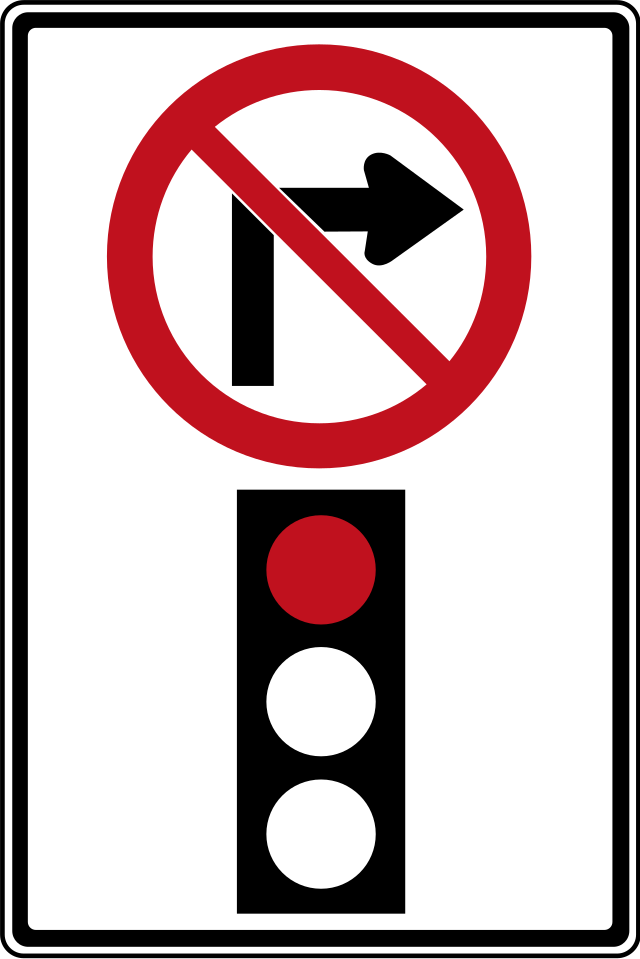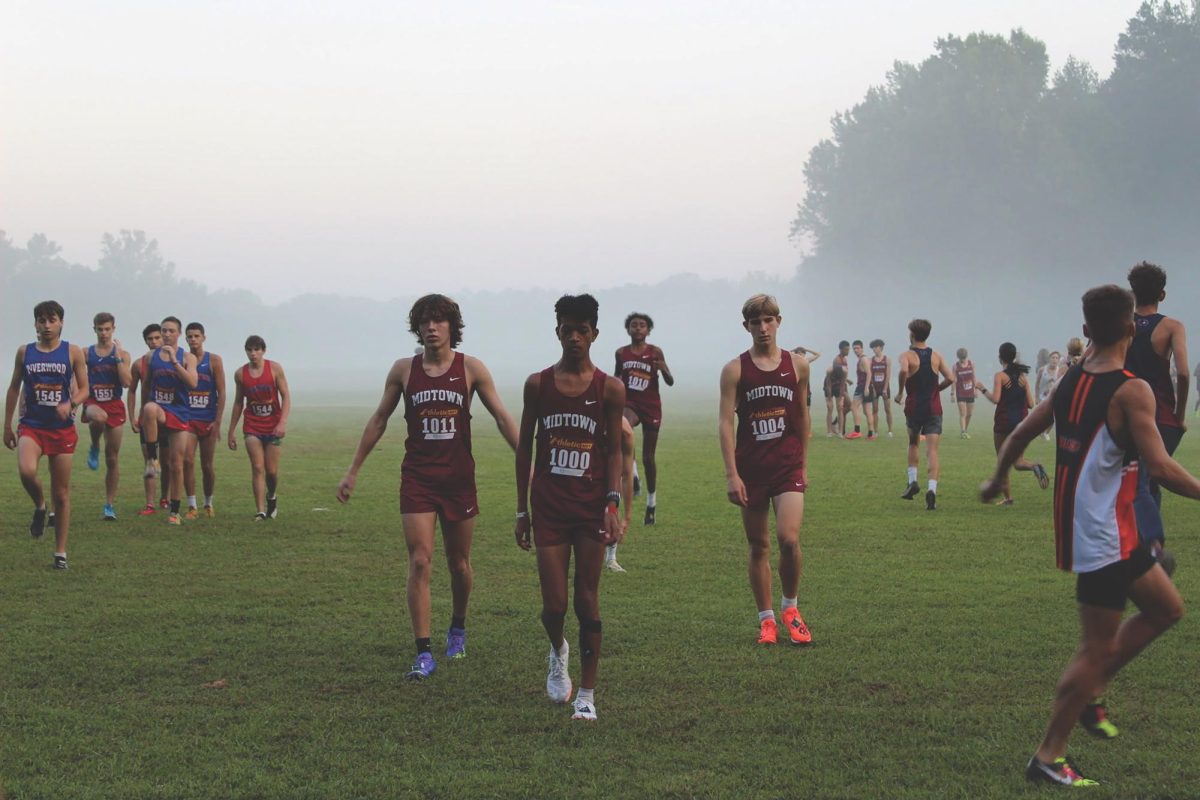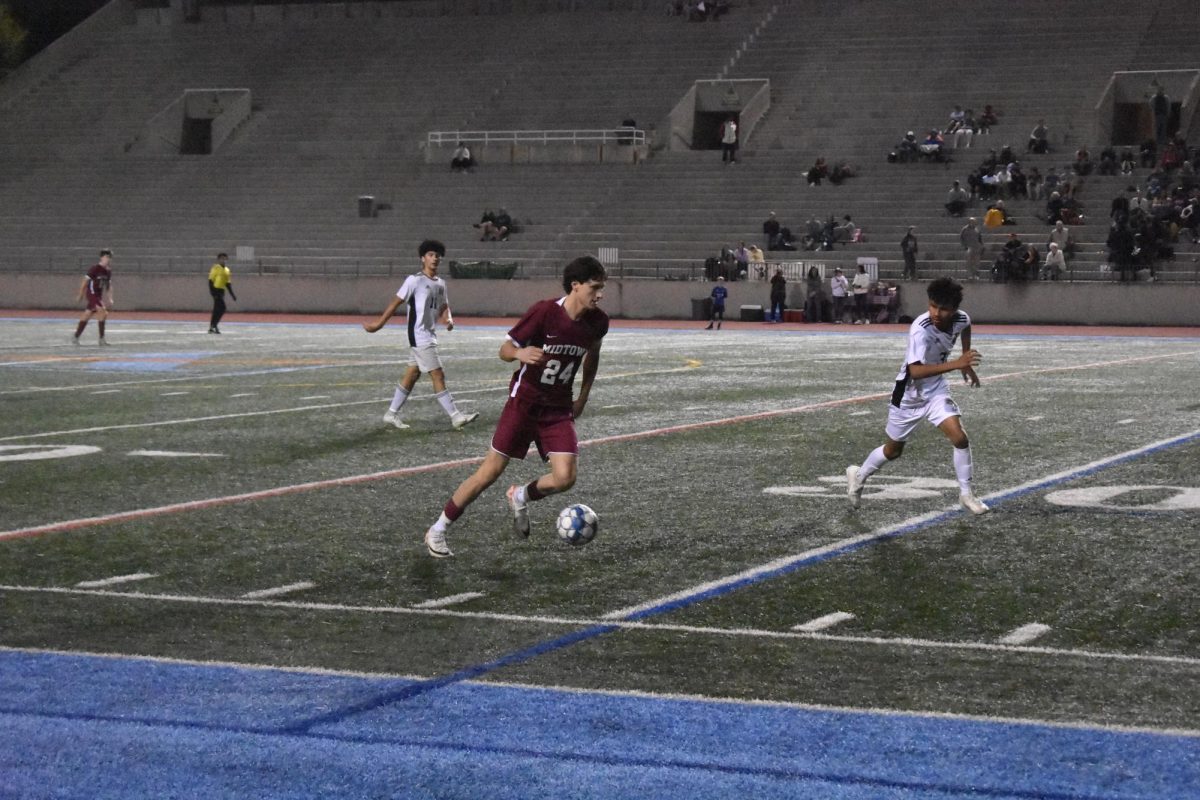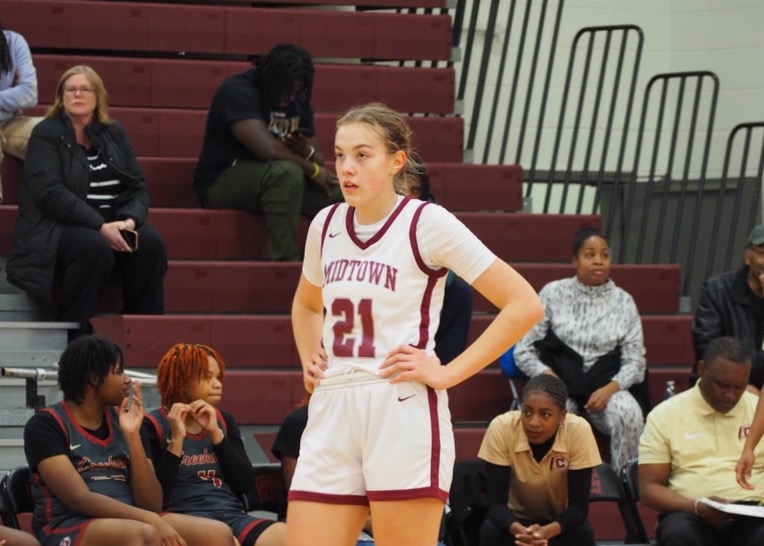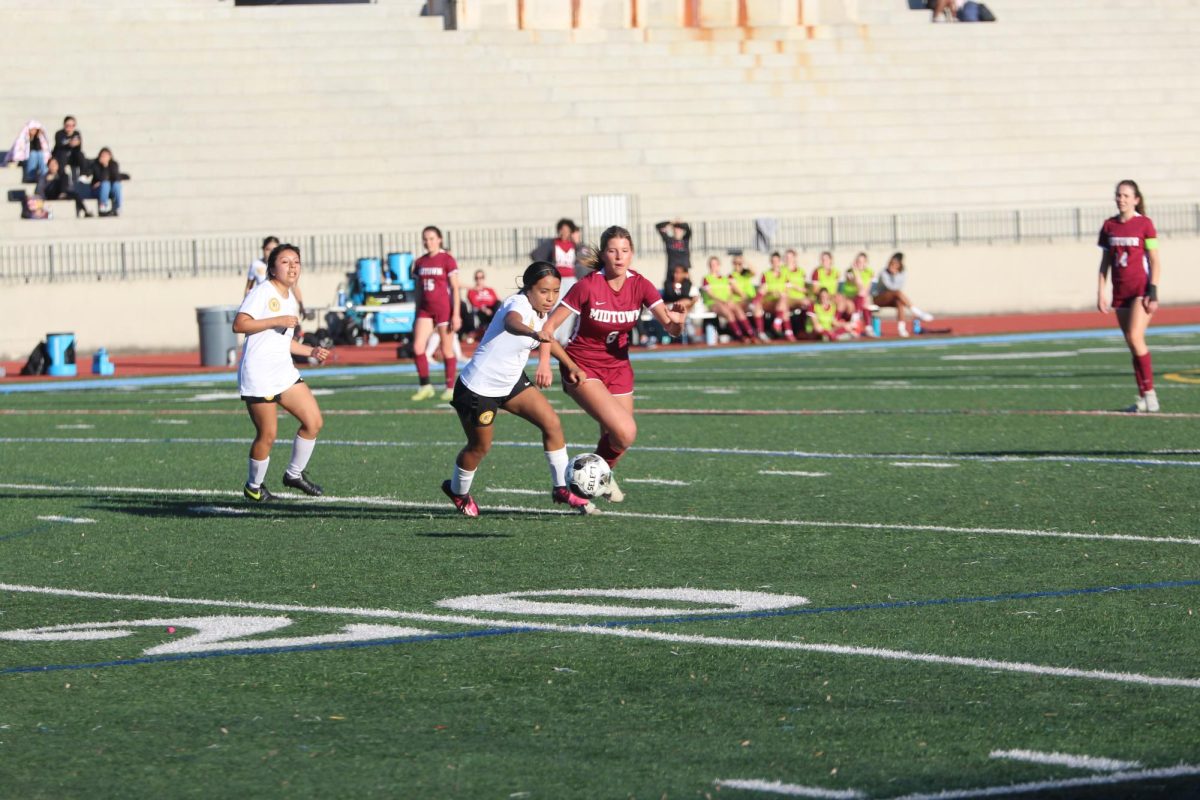BY JOE LAVINE
“It was a quarterback wedge, and I was going against the Mays defender,” senior offensive lineman Bilal Vaughn said. “We hit helmet to helmet, and I fell down, and I don’t think I remembered the next play.”
Vaughn finished the last five or six plays of the game (Grady’s heartbreaking 14-13 loss to Mays in preseason) and didn’t realize he had suffered a concussion until the next morning.
“The next couple of days I was dizzy, I couldn’t see, and I had these pounding headaches that just wouldn’t stop,” Vaughn said.
Grady athletic trainer Sheryl Cundy said Vaughn is one of six Grady football players who have suffered a concussion so far this year. All six underwent Immediate Post-Concussion Assessment and Cognitive Testing, or ImPACT, to assist with the recovery process and determine when it’s safe for a player to return to action. The use of ImPACT testing software, which Dick’s Sporting Goods provided to APS for free, is a result of a new concussion protocol. APS athletic director Jeff Beggs mandated the new protocol for all high school sports starting this summer.
“We want to do everything we can to keep our players safe, and once a player shows signs of a concussion, we want to do what the industry standard says we should be doing, and that’s measuring [the concussion] in every way,” Beggs said.
As part of the protocol, Cundy said athletes take a baseline ImPACT concussion test before the season starts. If students suffer a concussion, they must meet or exceed the score of their baseline concussion test before they are allowed to return to practice. Additionally, the athlete must be symptom-free for a week before returning to practice.
Cundy said the Internet-based test examines a checklist of symptoms before going through a six-section test that assesses an athlete’s reaction time, short-term memory and concentration level.
“They’ll give you a certain amount of words, and they’ll ask you to repeat those words, and it’ll give you a revolving list of ‘Is this a word you saw? Is this a word you saw?’” Cundy said. “It gives you three letters, and then it gives you a task to do to count backwards from 25 to 1, and then it tells you to repeat those letters to the computer.”
Vaughn said the test was difficult because of his head-throbbing pain.
“It was like 20 minutes, and it was really challenging,” Vaughn said. “That stuff hurts so bad. I was just doing it, and I got the worst headache in like the first five minutes.”
Cundy said if somebody has a concussion, it typically takes them longer to react; they do not remember certain things as easily, and it is harder for them to concentrate. The test exposes these symptoms, enabling Cundy to monitor the athletes and ensure they are completely concussion-free by the time they get back on the field. Cundy described the extreme ramifications if an athlete returns too early from a concussion.
“The big thing we’re trying to prevent now is what’s called a second impact syndrome,” she said. “Part of the concussion symptom is that the brain is swelling, and there’s a lot of pressure in the head, and that’s why they feel the headache. If somebody gets hit when they’re already swollen there, and they already have the symptoms, the second hit is what’s going to possibly kill them.”
Cundy said the second hit would cause significant internal bleeding and swelling, and because skulls do not expand, “there’s just no room for [the brain] to go.”
Despite the serious implications of a second hard hit, athletes have been known to hide their symptoms, so they can keep playing. Grady head football coach Ronnie Millen said while it is “really hard” to hide a concussion, sometimes concussions can be difficult to diagnose, like the one Vaughn endured.
“He didn’t even think it was a concussion at the time,” Millen said. “[The coaches and trainers] can’t feel what [the players] are feeling, so we just have to go by what they say and how they respond.”
Cundy has seen her fair share of concussions, and she recollects one from her graduate days at California State University at Fullerton that was easier to diagnose than Vaughn’s injury.
“A football player got hit in the head, and he went to the wrong sideline,” she said. “We had to go around the field to get him. He didn’t remember any hit, and he didn’t remember going to the other sideline, but everybody gave him a hard time about that for a while.”
Wandering over to a sideline filled with one’s enemies is one of the less dangerous possible effects of a concussion, and there are many worse symptoms. Despite the well-known effects of concussions and the mandate for the concussion protocol from Beggs, football is the only Grady sport implementing the protocol. Beggs acknowledged that the protocol has not reached all the athletes in APS yet, but he has set a goal to have all APS sports teams adhering to it by the start of the spring season in February. Cundy said she and her medical team are trying to test the volleyball players, the softball players and the cheerleaders at Grady soon, but she is expecting less involvement from the coaches than there was for football.
“We’re trying to be proactive instead of reactive,” Beggs said. “In other words we’re trying to do what’s best for our student athletes first instead of waiting to be told what to do. It’s a fantastic program, and our kids deserve that.”
Coaches will play a large role to ensure the program efficiently spreads to every sport. Both Cundy and Karen Carroll, vice president of the Athletic Booster Club, were very appreciative of Millen throughout the process.
“He’s been instrumental in getting the ball rolling,” Carroll said. “There was a lot of talk about it, and nothing was really happening. Millen was the one who actually went to [Media Specialist Brian] Montero and said, ‘Hey, we need to get this going,’ and made sure that the lab was open and worked with Sheryl with her timing, getting the students in there. I don’t know if it would have happened for the football team if Coach Millen wasn’t pushing it.”
Cundy expressed Millen’s motivation for implementing the test for his players.
“[Coach Millen] definitely knows it’s important,” Cundy said. “He definitely wants his boys to be as safe as they can be.”


